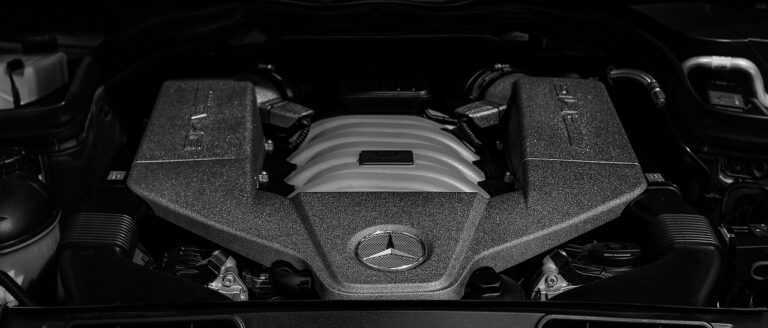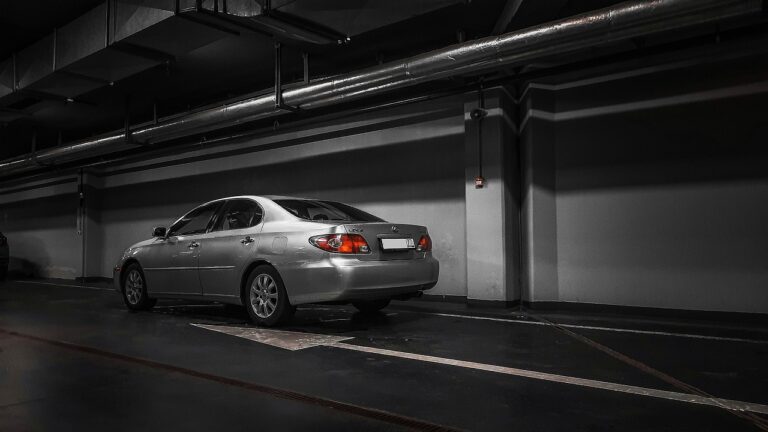Smart Sensors for Vehicle Monitoring: Advances and Trends
betbook250 com login, reddyanna247, play lotus365.com login:Smart Sensors for Vehicle Monitoring: Advances and Trends
In today’s fast-paced world, technology is advancing at a rapid pace, and one area that is seeing significant growth is the use of smart sensors for vehicle monitoring. These sensors are revolutionizing the way we track and monitor vehicles, providing real-time data on everything from location and speed to engine performance and driver behavior. In this article, we’ll explore the latest advances and trends in smart sensors for vehicle monitoring, and how they are shaping the future of transportation.
Advances in Smart Sensors Technology
Smart sensors are small electronic devices that are capable of detecting and recording data from the environment around them. In the automotive industry, these sensors are used to monitor a wide range of parameters, from tire pressure and fuel levels to engine temperature and speed. Thanks to advances in technology, smart sensors for vehicle monitoring have become more accurate, reliable, and cost-effective than ever before.
One of the key advances in smart sensor technology is the development of sensors that are capable of wirelessly transmitting data in real-time. This means that vehicle operators can now monitor the performance of their vehicles from anywhere in the world, using their smartphones or tablets. This real-time data is invaluable for fleet managers, allowing them to optimize routes, reduce fuel consumption, and prevent breakdowns before they occur.
Another major advance in smart sensor technology is the integration of artificial intelligence and machine learning algorithms. These algorithms can analyze vast amounts of data collected by smart sensors to identify patterns, trends, and anomalies that would be impossible for a human to detect. This predictive analytics capability allows vehicle operators to anticipate problems before they happen, saving time and money in the long run.
Trends in Smart Sensors for Vehicle Monitoring
As technology continues to evolve, several trends are emerging in the field of smart sensors for vehicle monitoring. One of the most significant trends is the increasing use of sensors in electric and autonomous vehicles. Electric vehicles rely on a range of sensors to monitor battery performance, charging status, and energy consumption, while autonomous vehicles use sensors to navigate, detect obstacles, and make decisions in real-time.
Another trend in smart sensor technology is the integration of sensors with other advanced technologies, such as GPS, cloud computing, and the Internet of Things (IoT). By combining these technologies, vehicle operators can now track and monitor their vehicles in ways that were previously unimaginable. For example, sensors can now be used to monitor driver behavior, such as speeding, harsh braking, and sudden acceleration, allowing fleet managers to improve safety and reduce accidents.
FAQs:
Q: What are the benefits of using smart sensors for vehicle monitoring?
A: Smart sensors provide real-time data on vehicle performance, allowing operators to optimize routes, reduce fuel consumption, and prevent breakdowns before they occur.
Q: How do smart sensors for vehicle monitoring work?
A: Smart sensors use a combination of electronic components, such as accelerometers, gyroscopes, and pressure sensors, to detect and record data from the environment around them.
Q: Are smart sensors for vehicle monitoring expensive?
A: While the cost of smart sensors can vary depending on the complexity and functionality of the device, advances in technology have made them more affordable than ever before.
Q: Can smart sensors be used in all types of vehicles?
A: Yes, smart sensors can be used in a wide range of vehicles, from cars and trucks to buses and motorcycles, regardless of size or type.
Q: How can I get started with smart sensors for vehicle monitoring?
A: To get started with smart sensors for vehicle monitoring, you can contact a reputable technology provider or consult with a specialist in the field of automotive sensors.
In conclusion, smart sensors for vehicle monitoring are revolutionizing the transportation industry, providing operators with real-time data on vehicle performance, driver behavior, and environmental conditions. As technology continues to advance, we can expect to see even more exciting advances and trends in this field, shaping the future of transportation for years to come.







